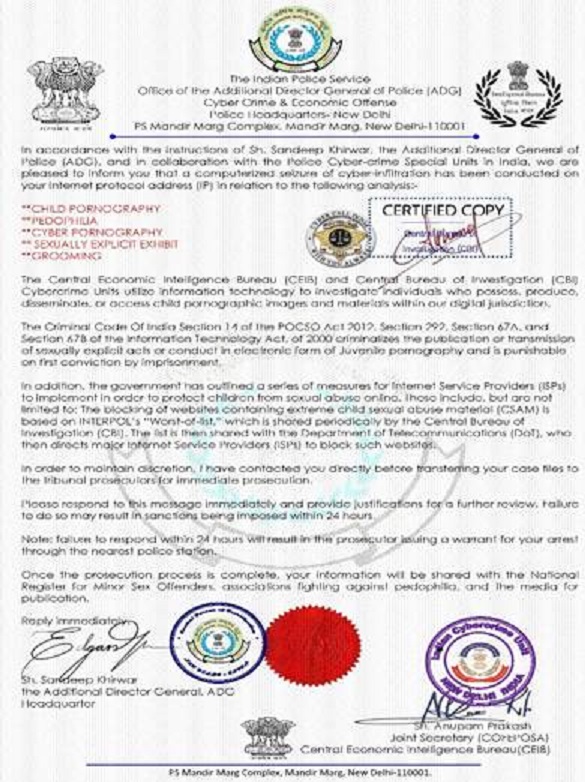Key changes to provisions of Related Parties Transactions (RPTs) based on SEBI’s amendment in the Listing Regulations on November 9, 2021
RPT amendments – An overview
Definition of Related Parties and RPT
- Any person or entity forming part of promoter or promoter group of the listed entity. (previously holding 20% or more holding was required)
- Any person or any entity ,holding equity shares directly or on a beneficial interest basis as prescribed u/s 89 of the Companies Act at any time during the previous year : 20 % or more (effective April 1 2022 ) 10 % or more (effective from April 1 2023)
- Transaction between listed entities and its subsidiaries or any other person or entity on other hand for the purpose and benefits of listed entity or its subsidiaries.
Audit Committee’s(AC) prior approval process
- All RPTs and subsequent material modifications . AC to define material modifications as a part of Materiality of RPTs (effective April 1,2022)
- RPT to which subsidiary of listed entity is a party : 10 % of the annual consolidated turnover of the listed entity (effective April 1,2022) and 10 % of the annual standalone turnover of the subsidiary (effective April 1,2023)
- SEBI has prescribed few additional information to be placed before the AC for a approval of a proposed RPT.

Materiality threshold and shareholder’s approval
- All RPTs and subsequent material modifications of such transactions require prior approval of the shareholders of the listed entities. (effective April 1,2022)
- RPT considered as Material if transaction exceeds Rs 1000 Crore or 10 % of consolidated annual turnover whichever is lower. (effective April 1,2022)
- SEBI has prescribed few additional information to be included in the notice being sent to the shareholders seeking approval of any proposed RPT.
Additional exemption from AC and shareholders approval
- Existing exemption: Transaction between
– (1) Two government companies
– (2) A holding company and its wholly owned subsidiary
- Additional Exemption: Now exemptions is extended for transaction between two wholly owned subsidiaries of a listed holding company whose accounts are consolidated with such holding company and placed before the shareholders at the general meeting for approval
Enhanced disclosures to the stock exchange
- As per the amendment , listed entities are now required to provide the RPT disclosures every six months in the format specified by SEBI within the prescribed timelines.
- With in 15 days from date of publications of standalone and consolidated financials results (effective April 1,2022)
- On the date of publications of standalone and consolidated financials results (effective April 1,2023)
Kindly Refer to
Privacy Policy &
Complete Terms of Use and Disclaimer.

























